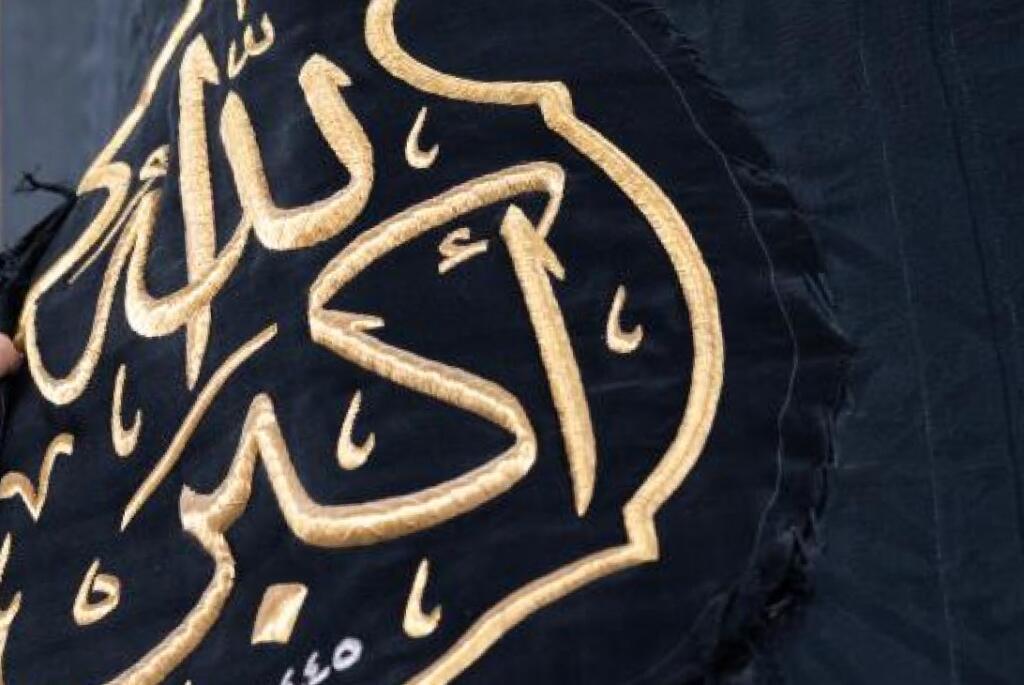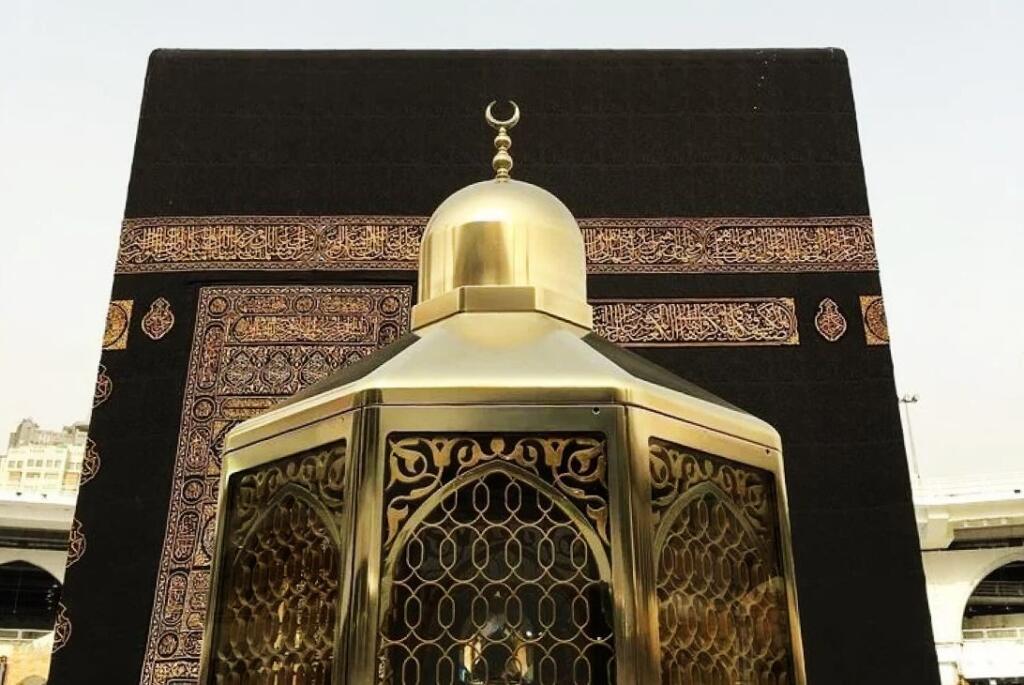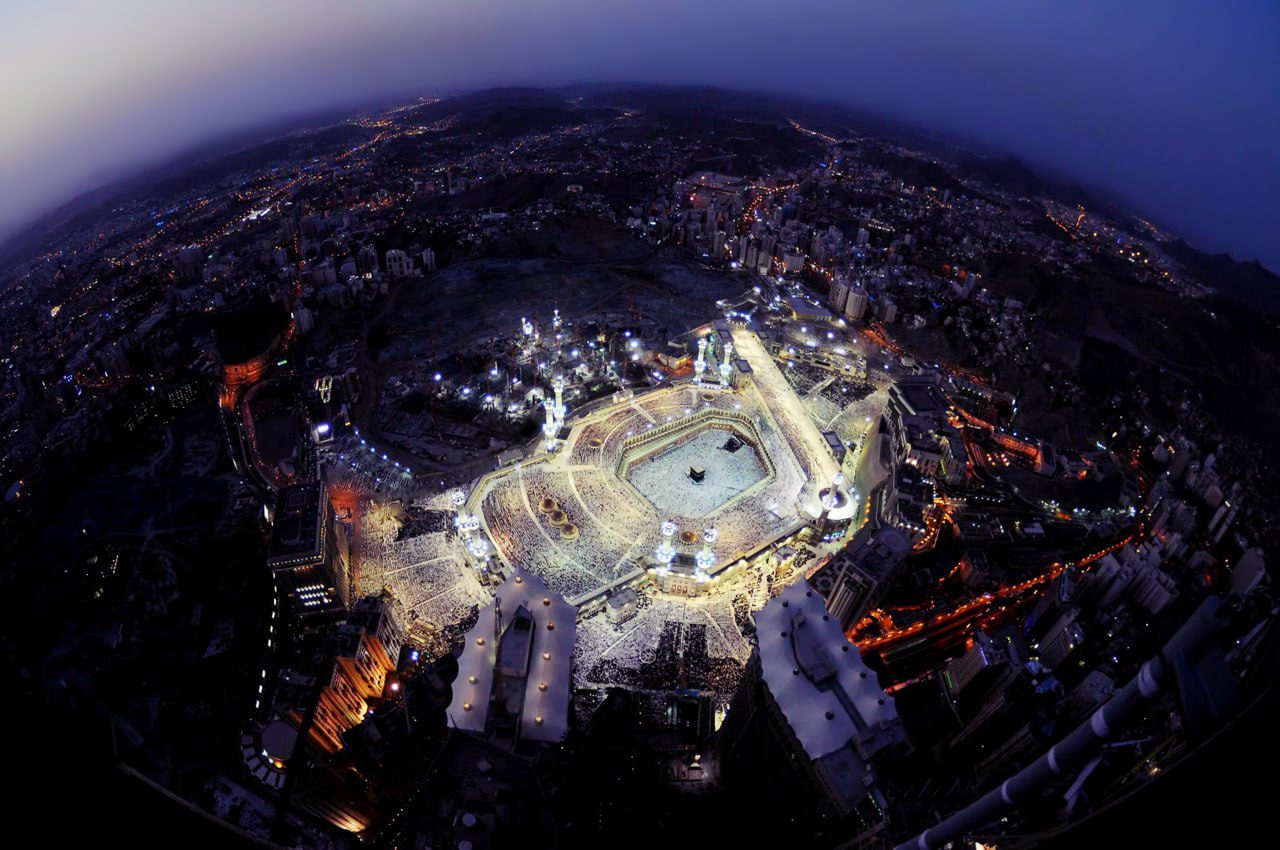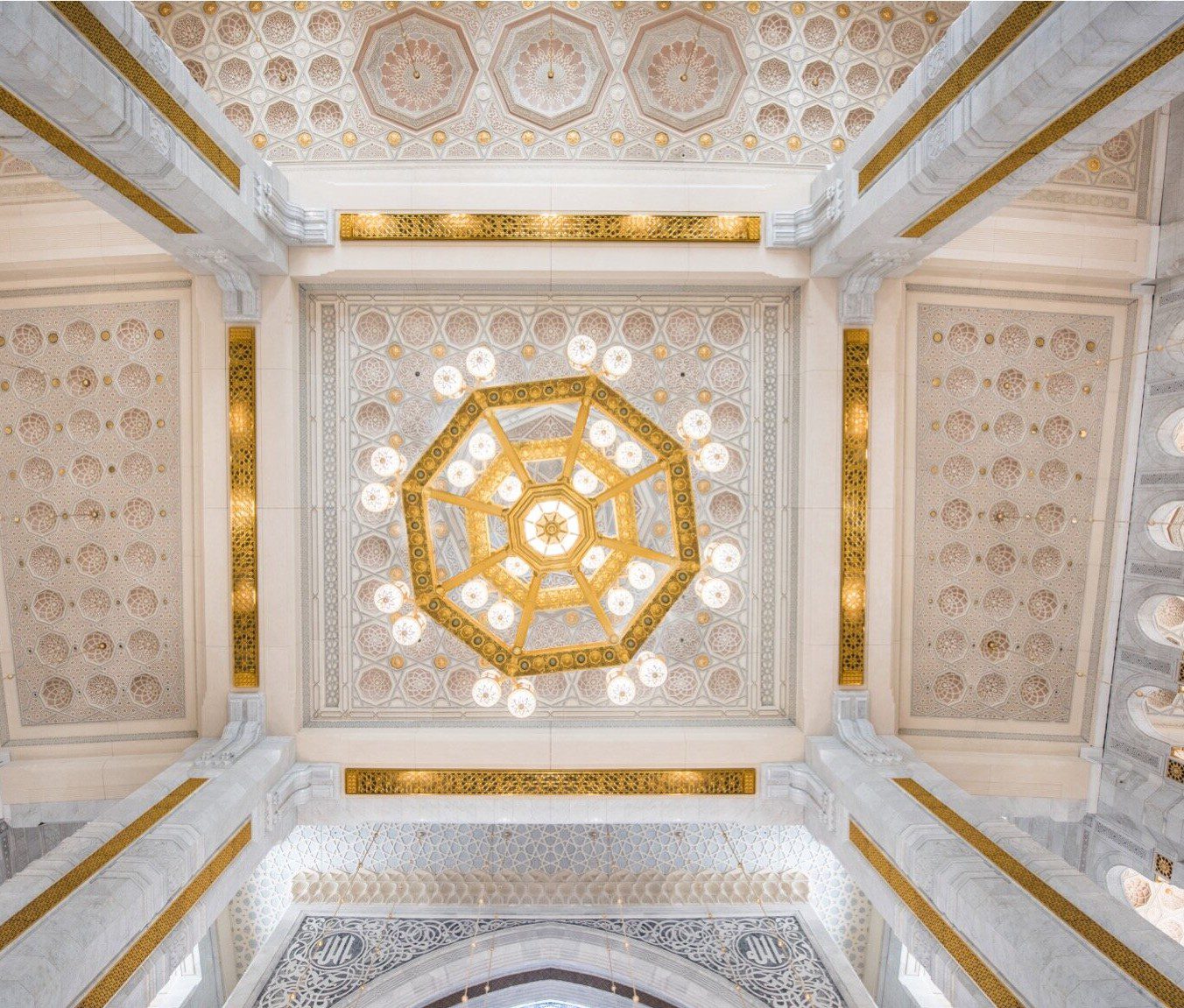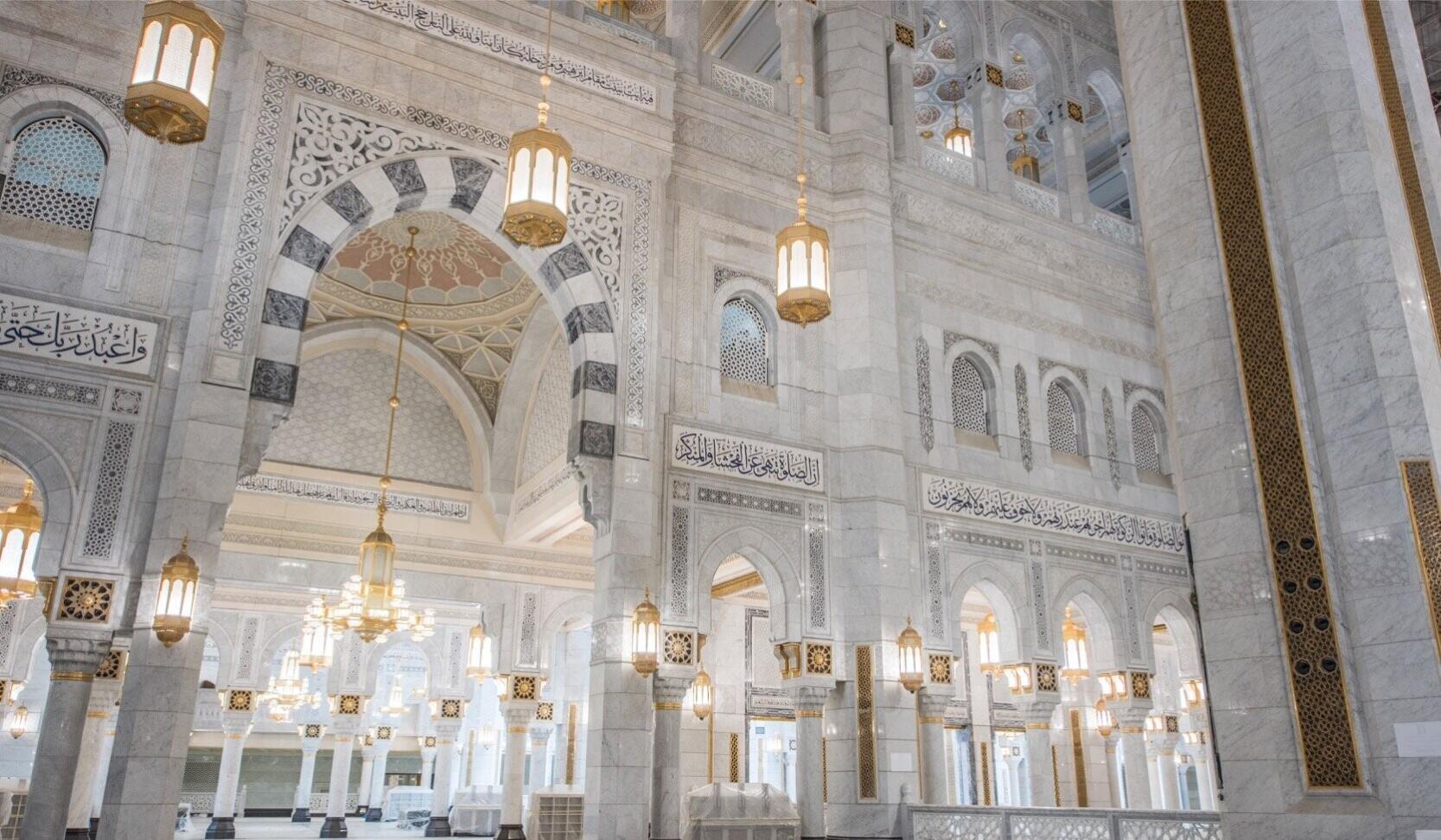There is a secret which enables you to race ahead in your journey to Allah. It is ʿubūdiyyah: servitude. ʿUbūdiyyah is a state of the heart, which manifests itself in external acts of worship. The goal of all physical acts of worship is to attain the state of ʿubūdiyyah. ʿUbūdiyyah is to fully humble yourself to Allah, submit to Him and love Him more than anyone else.
ʿUbudiyyah: Submission
Ḥajj is a magnificent act of worship and a profound display of devotion. It embodies the essence of servitude to Allah (ʿubūdiyyah), marked by deep humility, surrender, and brokenness before the Almighty. You leave behind the comforts and pleasures of this world, migrating to your Lord, abandoning your wealth, family, and homeland.
You distance yourself from your usual life, shedding your familiar clothes for two simple garments, bareheaded and humbled before your Lord. You forsake perfume, intimacy, and luxury. You move between sacred sites with a heart full of reverence, eyes brimming with tears, and a tongue constantly in remembrance: seeking Allah’s mercy and fearing His punishment.
Your constant cry throughout the journey is: “Labbayk Allāahumma labbayk:, Here I am, O Allah, here I am.” I have submitted to You, my Lord; I answer Your call, obey Your command, and surrender to Your will.
Ḥajj is a school of servitude which teaches you absolute obedience and submission to Allah, even when it goes against your intellect or rational reasoning. Some of the rituals of ḥajj (e.g. stoning the Jamarāt or walking between Ṣafā and Marwah) have no clear rationale or natural appeal. You may wonder why you circulate the Kaʿbah seven times and not six or eight; or why you throw seven stones instead of six or eight. Unlike zakāh, fasting, or ṣalāh, which the mind can easily comprehend, the acts of ḥajj are driven purely by obedience. They symbolise true servitude (ʿubūdiyyah), as the only reason you perform them is because Allah ﷻ has commanded it.
During ḥajj, you move between the sacred sites not by your own choice, but in obedience to Allah’s command. You settle, depart, and delay, not out of habit or preference, but in submission. For example, although you are normally required to pray on time, in ʿArafah you are ordered to delay maghrib. This is not out of negligence, but in obedience to your Lord; you are a servant of Allah, and not a servant to your prayer routine or habits.
Ḥajj calls you to submit not just in thought, but in heart and action. By stepping outside the bounds of routine and reason, you learn true submission: following Allah’s commands without always seeking explanation, and having īmān in the unseen.
ʿUbudiyyah: Love
“And those who believe are stronger in love for Allah” ( 2:165).
Allah created you a human and not a lifeless machine. Deep within you lies an innate need to connect with, love, and long for the One who created you.
Your connection with your Lord is not merely a legal or rational one, limited to obeying commands and avoiding prohibitions. Rather, it is also a connection of love; a bond that must be accompanied by tenderness, yearning, passion, longing, and devotion.
These feelings are encapsulated in the statement of tawḥīd: lā ilāha illa Allah. The word ‘ilāh’ (god) is rooted in deep emotion. It comes from the Arabic phrase ‘aliha al-faṣīl,’ describing a weaned baby camel crying out in longing for its mother: its ‘ilāh’ (i.e. what it most yearns for). Thus, the word ‘ilāh’ is tied to intense love, longing, and attachment. So when you say: “Lā ilāha illā Allāh” [There is no god worthy of worship but Allah], it is a declaration of what’s in the heart: a profound attachment to Allah, through which you express your deepest yearning, fear, hope and love for Him.
As humans, we are always in search of something we can see with our own eyes, something to which we direct our yearnings, satisfy our deep longing, and fulfill our desire for awe and closeness. This search drives us to undertake the journey to His House. Ḥajj, therefore serves not only as a legal duty or a ritual act, but as a deeply emotional and spiritual journey; one that speaks to the heart and fulfills a profound, built-in human longing for connection with the Divine.
“At times, a person yearns for their Lord with the deepest longing, and they seek something to fulfill that yearning; and they find nothing that satisfies it except the pilgrimage.” – Shāh Waliyyullāh al-Dihlawī (raḥimahullāh)
Hajj: A Journey of Love
Ḥajj is ultimately a journey of love. At the heart of every act and ritual is a spirit of love, surrender, and longing for the Divine.
You are attending the annual gathering of His lovers at His House; a gathering to which He Himself has invited you. Undoubtedly you will face obstacles, but you are still desperate to attend because you love Him.
In your dishevelled state, you resemble the distressed lover. With deep passion and yearning, you repeatedly chant ‘Labbayk’: here I am my Lord, my heart is for You.
With this love, you enter His House in the land He blessed. With deep reverence and love you circle it. Your heart overflows with His love, and you become oblivious to your surroundings.
You then run up and down Ṣafā and Marwah, like a lover desperately in search of his beloved. You journey to Minā and subsequently to ʿArafah, where your deep longing for your Lord is fulfilled: you have never felt this close to Him before.
And then comes the stoning at the Jamarāt. Your heart pleads: O Allah, my Beloved, help me to cast aside everything that comes between me and You. Especially Shayṭān who wishes to come in between us.
You remember how Ibrāhīm (ʿalayhis-salām) preferred the love and obedience of Allah over the love of his own son, and how he placed the knife to his son’s throat. You pray: O Allah, make me like Ibrāhīm, Your khalīl.
Then you sacrifice an animal. In the past, you have made small sacrifices for Him, your Beloved. But today, your resolve is different. You are ready to sacrifice everything. For Him. To live for Him and to die for Him.
Ḥajj is the journey of a heart returning to its true Beloved. Every step, every tear, every labbayk is the soul crying out: “My goal is only You.”
“Even if the Kaʿbah had no other honour besides the fact that Allah attributed it to Himself — saying, “Purify My House” — that alone would have been enough to grant it immense nobility and status. It is this very attribution that draws the hearts of the entire world towards it, capturing their hearts with love and longing to see it. It is the sanctuary for the lovers; they return to it again and again, never feeling satisfied. The more they visit it, the more their love grows and their yearning deepens. Neither proximity nor distance from it soothes their longing.” – Ibn al-Qayyim (raḥimahullāh)

